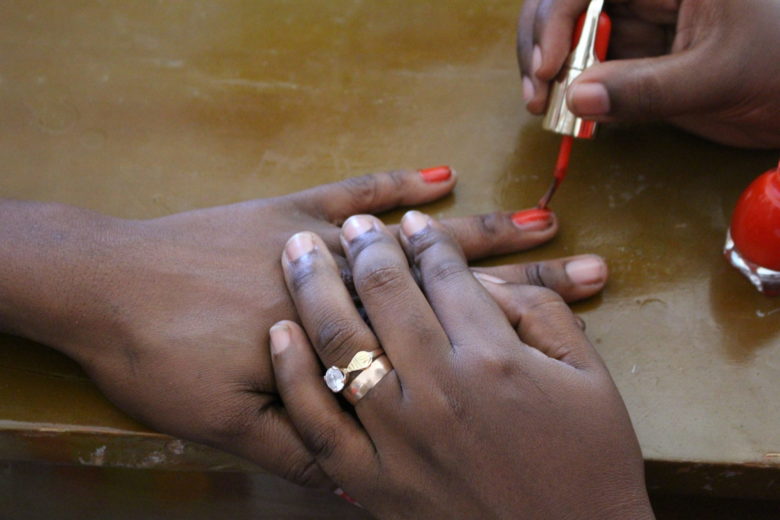What if you couldn’t go to school because of your period?

Menstruation directly affects half the world's population, but the understanding of the meaning and effect of menstruation is still not shared by everyone. Many people are affected by poor conditions and to change this, attitudes must change.
This is the case in Tanzania, where the Fida country programme promotes the right of children and young people to attend school and live in a safe environment. As part of the country programme, children’s parliaments have been implemented in Tanzania, where local children have raised their voices on issues related to their well-being and needs. The most recent event in 2021, highlighted poor sanitary conditions: shortcomings included the lack of changing rooms, clean water, and toilet facilities. As a result of the lack, many girls had to miss school during menstruation.
Menstruation must not jeopardise education
Menstrual hygiene is a basic prerequisite for education. Menstruation causes missing school and can jeopardize education. Development cooperation has clearly identified shortcomings in sanitary conditions and menstrual awareness. These shortcomings can be remedied, and no one’s future should be hindered because of menstruation.
Fida and its partners promote the menstrual and sexual health and rights of women and girls in civil war-stricken Kurdistan and Iraq. In Iraq, as well as in Laos, Cambodia, Tanzania, Kenya Uganda and the Democratic Republic of Congo, menstrual health training for young people, their guardians, and school staff has been organised. At the same time, girls’ school absences due to menstruation has decreased.
May 28th is International Menstrual Hygiene Day, which aims to raise awareness of menstrual hygiene.
Fida works for menstrual health
Our task is to promote the realization of the rights of the most vulnerable children. Our special focus is on quality education and a safe living environment for every child. Read more about our development cooperation.
